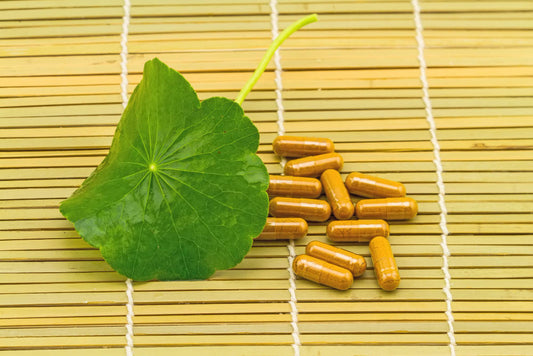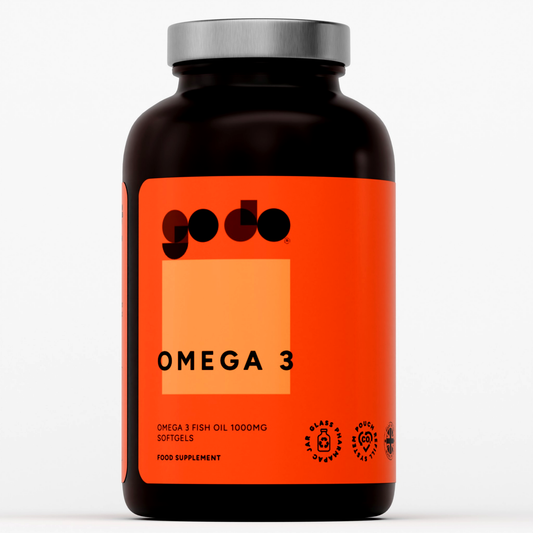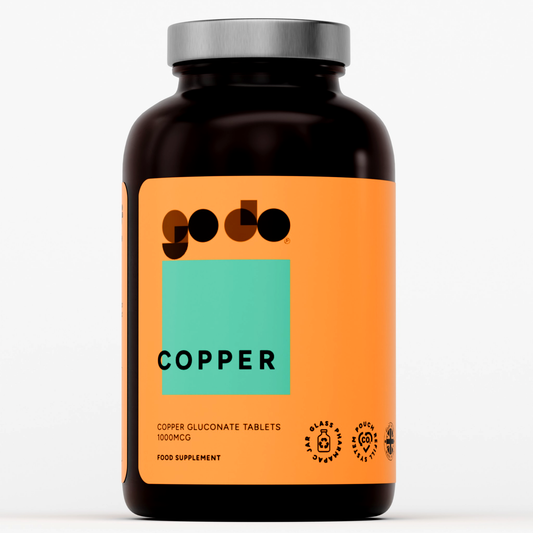Psyllium husk, a humble dietary fiber derived from the Plantago ovata plant's seeds, has gained remarkable recognition in recent years for its impressive health benefits. Beyond being an excellent source of dietary fiber, psyllium husk boasts a host of other qualities that make it a popular addition to various diets. In this article, we explore some key aspects of psyllium husk, including its calorie content, fiber richness, non-GMO status, and diverse origins.

Low in Calories:
For individuals mindful of calorie intake, psyllium husk is a favorable choice. On average, psyllium husk is remarkably low in calories, containing less than 10 calories per 100 grams. This calorie content is negligible, making it an ideal supplement for those looking to manage their weight or calorie consumption without compromising on nutritional value.

High in Dietary Fiber:
One of psyllium husk's standout features is its exceptional fiber content. It is renowned for its high dietary fiber content, typically containing about 70-80 grams of dietary fiber per 100 grams. This remarkable fiber density makes psyllium husk a powerful natural source of soluble and insoluble fiber, which is crucial for digestive health.
The soluble fiber in psyllium husk absorbs water and forms a gel-like substance, helping regulate bowel movements and alleviating constipation. Furthermore, it contributes to a feeling of fullness, potentially aiding in weight management by curbing overeating.

Non-GMO Status:
Concerns about genetically modified organisms (GMOs) in food products have led to increased scrutiny of ingredient sourcing. Many psyllium husk products are labeled as non-GMO, offering peace of mind to consumers who prioritize GMO-free foods. However, it's essential to check the product packaging or description for the specific psyllium husk product you intend to purchase to confirm its non-GMO status.

Diverse Origins:
The origin of psyllium husks can vary, but they are frequently sourced from countries like India. India has a long history of cultivating psyllium, and it remains one of the primary producers of this valuable dietary fiber. The quality and properties of psyllium husk can be influenced by factors such as soil composition and climate, so the country of origin may impact the product's characteristics.
Conclusion:
Psyllium husk is a nutritional powerhouse, offering numerous health benefits. It is not only low in calories but also rich in dietary fiber, making it a valuable addition to a balanced diet. Many psyllium husk products are proudly labeled as non-GMO, catering to the preferences of conscientious consumers. Moreover, the diverse origins of psyllium husks, often rooted in countries like India, add to the intrigue and value of this natural dietary supplement. Whether you're seeking to increase your fiber intake, support digestive health, or maintain a low-calorie diet, psyllium husk is a versatile and wholesome option to consider.











